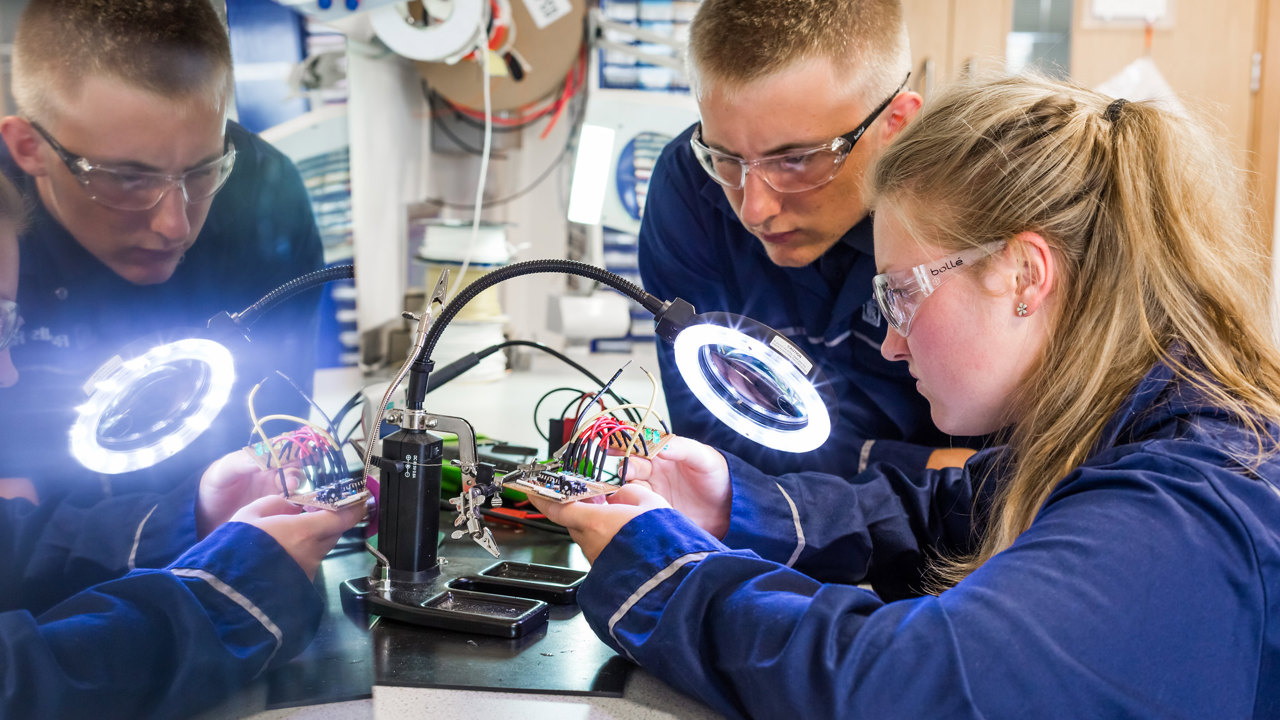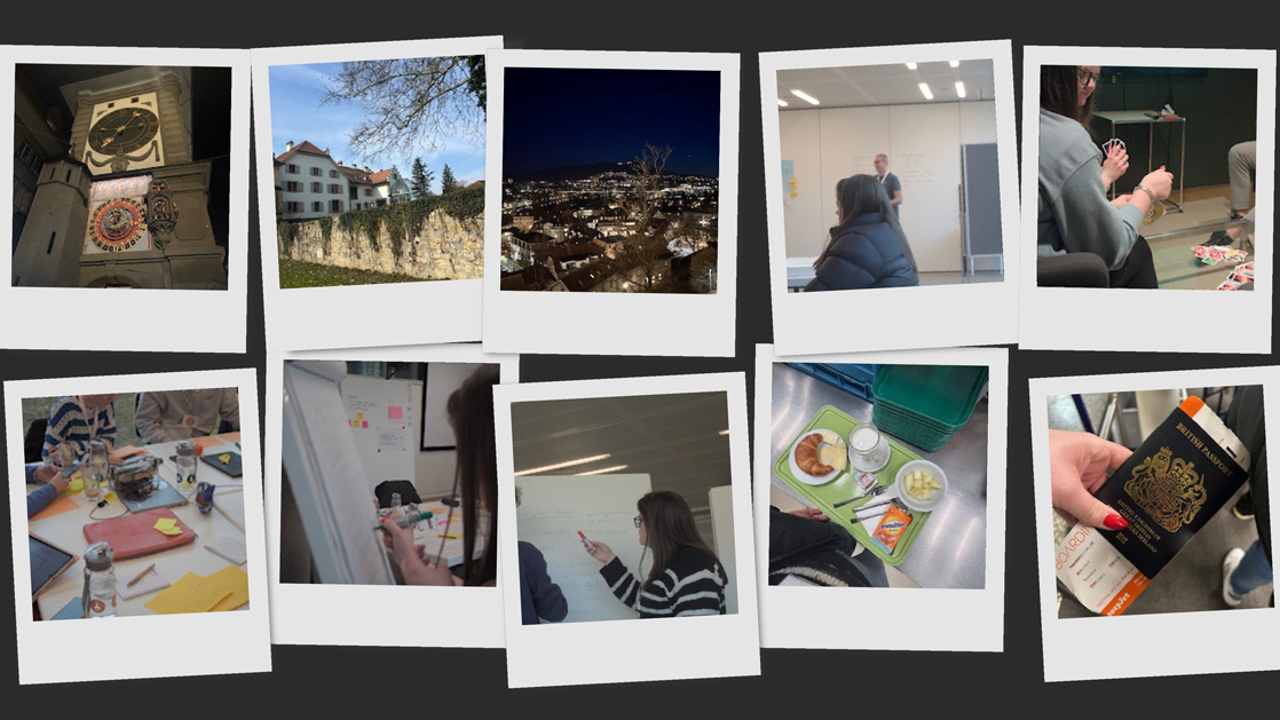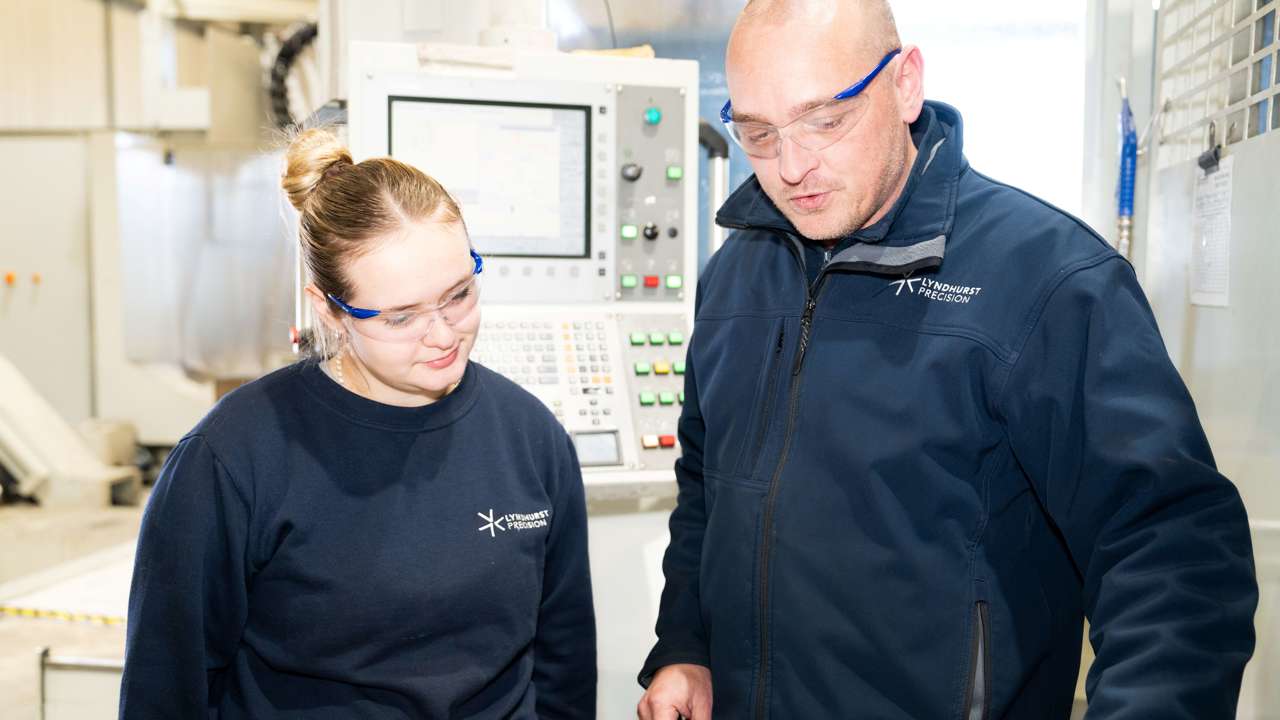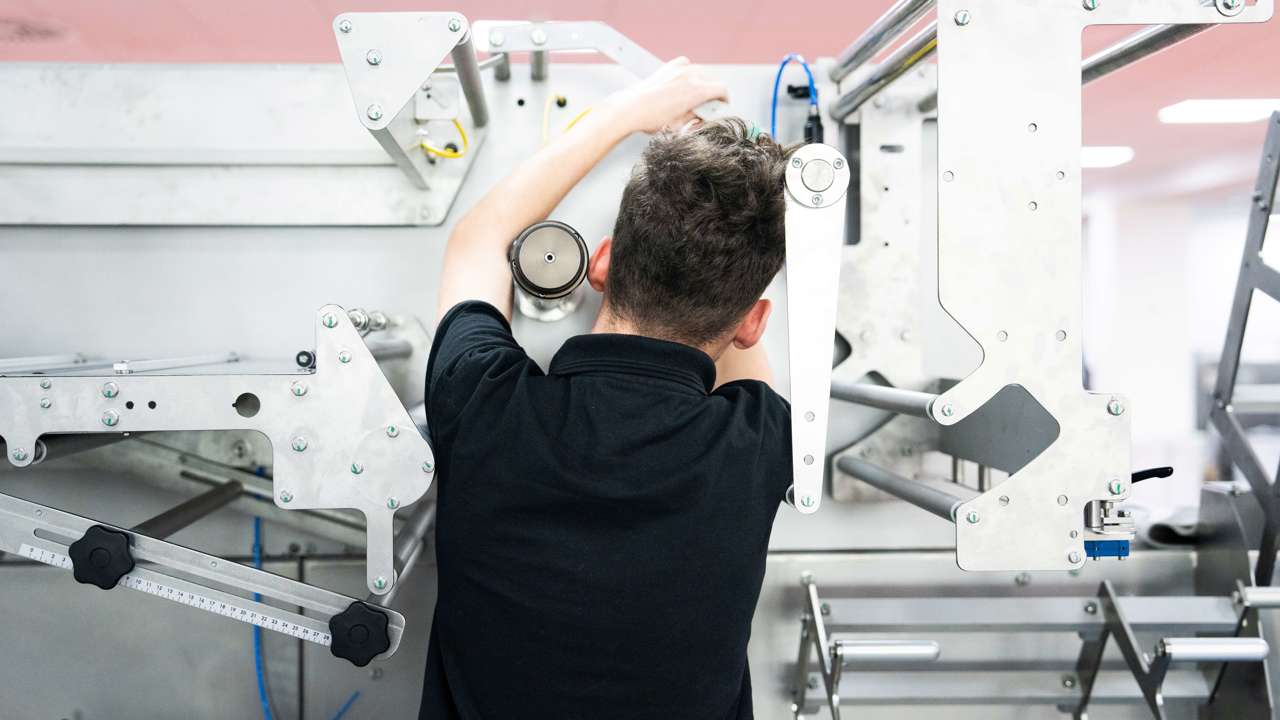The number and diversity of young people taking engineering apprenticeships needs to grow and be sustained
By Beatrice Barleon, Head of Public Affairs and Policy, EngineeringUK
As the UK gears up for the general election, our Head of Public Affairs and Policy, Beatrice Barleon, highlights the key policy priorities EngineeringUK wants the new government to adopt to ensure that the number and diversity of young people taking engineering apprenticeships grows and is sustained.

There are many routes into the engineering and technology sector. Young people can either choose to go to university to study engineering or they can explore the many different apprenticeships and technical routes, such as T Levels available to them. All of these routes have their value and can lead to exciting and rewarding careers in the engineering and technology sector. And as recent data shows – we definitely need more young people entering the sector to meet demand.
Vocational and technical routes come at all levels from entry Level 2 qualifications to Level 6 and even Level 7 degree apprenticeships, and when these routes work, they can work extremely well, offering young people opportunities whilst also delivering the skilled workforce we so desperately need.
However, the vocational skills system in England is not quite working as it probably should, and over recent years we have seen several developments that we at EngineeringUK believe need to be addressed. Doing so, will ensure that the UK has the engineering and technology workforce that it needs to meet future skills demand.
At EngineeringUK, we are keen to see entry level opportunities for young people maintained, developed and further expanded. In light of this, we are calling on the next government to commit to keeping T Levels and to work collaboratively with STEM employers and sector bodies to grow the number of T Level industry placements, so that young people get the opportunity to get hands on experience in the industry at the same time as studying for a qualification. To achieve this, the government needs to continue to raise awareness of the benefits that T Levels can offer young people and employers and ensure that they are properly integrated into a wider system of qualifications that enables all sections of society’s young people to succeed in life.
We also need the government to take action to grow and sustain the number and diversity of young people taking engineering apprenticeships. We need to see real action to break down barriers for young people and SMEs, ensuring the apprenticeship system is fit for the future. As it stands, there has been a decline in engineering-related apprenticeship starts by 9% since 2014/15, with lower-level apprenticeships being the main driver for this. This has particularly affected the younger cohort of 16 to 18 year olds, with engineering-related apprenticeship starts among this age group having declined 22% compared to only 6% for those older than 19. This is not only concerning for young people but should also concern the government and engineering and technology businesses planning for the future. Because we may resolve some of the immediate skills shortages through retraining and upskilling now, but unless we also look to the future and ensure that we have young people interested and trained in the skills we need, we will, as a country, just continue to firefight rather than be ahead.
And for young people, there is no doubt that taking on an apprenticeship in the engineering & technology sector can be personally as well as financially rewarding. Recent data shows that on average those having finished an engineering and manufacturing technologies apprenticeship earn around £24k per year after one year, compared to £19k for all learners. In addition, a larger majority than for all sectors tend to secure sustained employment upon completion of their apprenticeship (83% versus 75%).
So really, vocational routes into engineering and technology are a win-win situation, and the next government must do everything in its power to enable and encourage businesses to train more young people at the same time as making sure that young people can and want to access those routes.












